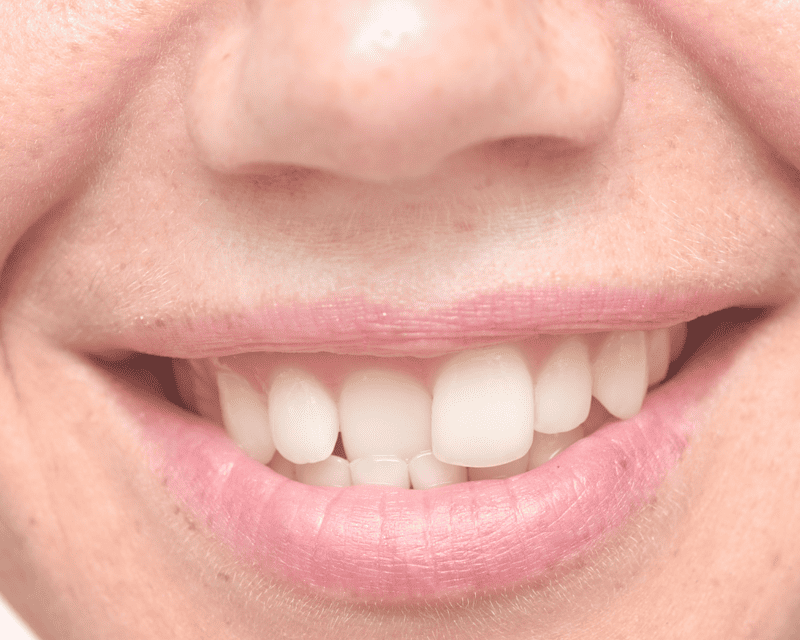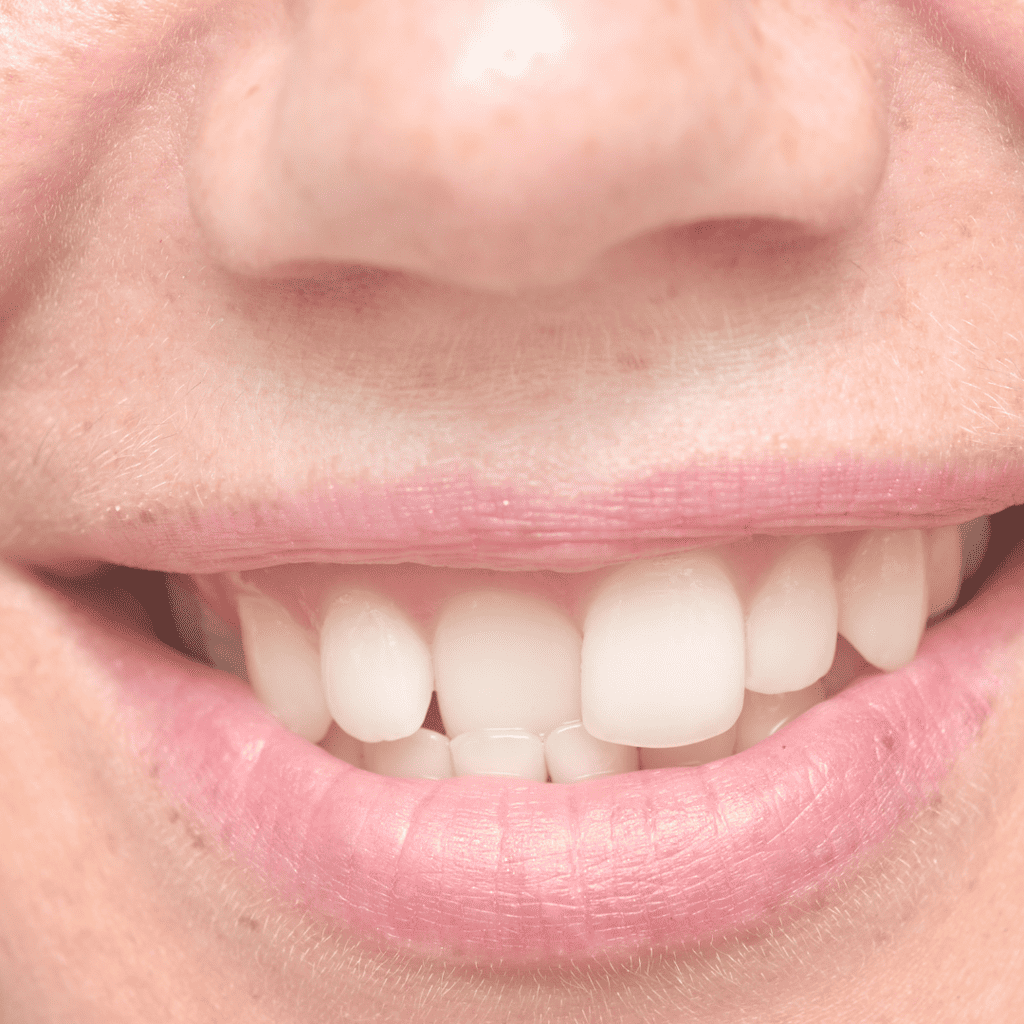As responsible parents, we diligently monitor our children’s well-being, taking note of any concerns that may affect their physical and emotional development. One crucial aspect that necessitates our attention is their dental health. Dental irregularities, such as misaligned teeth or improper jaw growth, can significantly impact both oral health and self-confidence. Braces, a prevalent orthodontic solution, are often prescribed to address such concerns. In this post, we will explore subtle signs indicating your child could benefit from orthodontic treatment.
Teeth Misalignment or Crowding
Photo by Atikah Akhtar on Unsplash
Obvious indicators that your child might require braces are crooked or overcrowded teeth. As permanent teeth erupt, they should align properly within the dental arch. However, inadequate space or uneven growth can lead to misalignment, affecting both appearance and oral hygiene. Crooked teeth pose challenges for brushing and flossing, increasing the risk of cavities and gum disease.
Irregular Bite Patterns
Overbite and underbite are conditions that warrant attention. An overbite refers to a situation where the upper front teeth excessively overlap the lower front teeth, while underbite refers to the opposite, with lower teeth protruding beyond the upper teeth. Both irregularities can hinder proper chewing and speaking, and in some cases, cause jaw discomfort or temporomandibular joint disorder (TMJ). Braces Roy, Utah, can gradually correct these misalignments, promoting optimal dental function.
Open Bite
When the upper and lower teeth fail to meet correctly upon closing the mouth, it is known as an open bite. This condition can complicate biting, chewing, and speech, potentially hindering your child’s development. Prolonged thumb-sucking, tongue thrusting, or excessive pacifier use are often associated with open bite. Orthodontic treatment, including braces, can address this concern alongside behaviour modifications, allowing for improved oral function.
Premature or Delayed Loss of Baby Teeth
The natural sequence of erupting and shedding baby teeth prepares the oral cavity for permanent teeth. Premature or delayed loss of baby teeth may signify an underlying dental issue. Early loss can disrupt the emergence pattern of permanent teeth, leading to misalignment. Conversely, the late loss may cause overcrowding as permanent teeth struggle to find sufficient space. In such cases, braces can guide the appropriate alignment of emerging teeth.
Difficulties With Biting and Chewing

Should your child complain of discomfort or pain while biting or chewing, it could indicate an improper bite or jaw problem. Uneven pressure on teeth can result in excessive wear, jaw pain, and hindered eating experiences. Orthodontic intervention, such as braces, can rectify teeth and jaw alignment, enabling proper biting and chewing functionality.
Self-Consciousness Regarding Their Smile
Children, like adults, can become self-conscious about their physical appearance, particularly regarding visible dental issues. If your child refrains from smiling or covers their mouth while speaking, it may imply discomfort with the alignment of their teeth. Braces not only improve dental functionality but also enhance self-esteem by enhancing the aesthetics of their smile.
Endnote
In case you notice any of these signs, it is essential to consult an orthodontist who can assess your child’s dental condition and provide appropriate guidance. Braces are an effective solution for correcting misalignments, enhancing oral functionality, and boosting self-confidence. Remember, early intervention is key to achieving optimal results. By addressing your child’s orthodontic needs, you secure a healthy and radiant smile that will last a lifetime.

